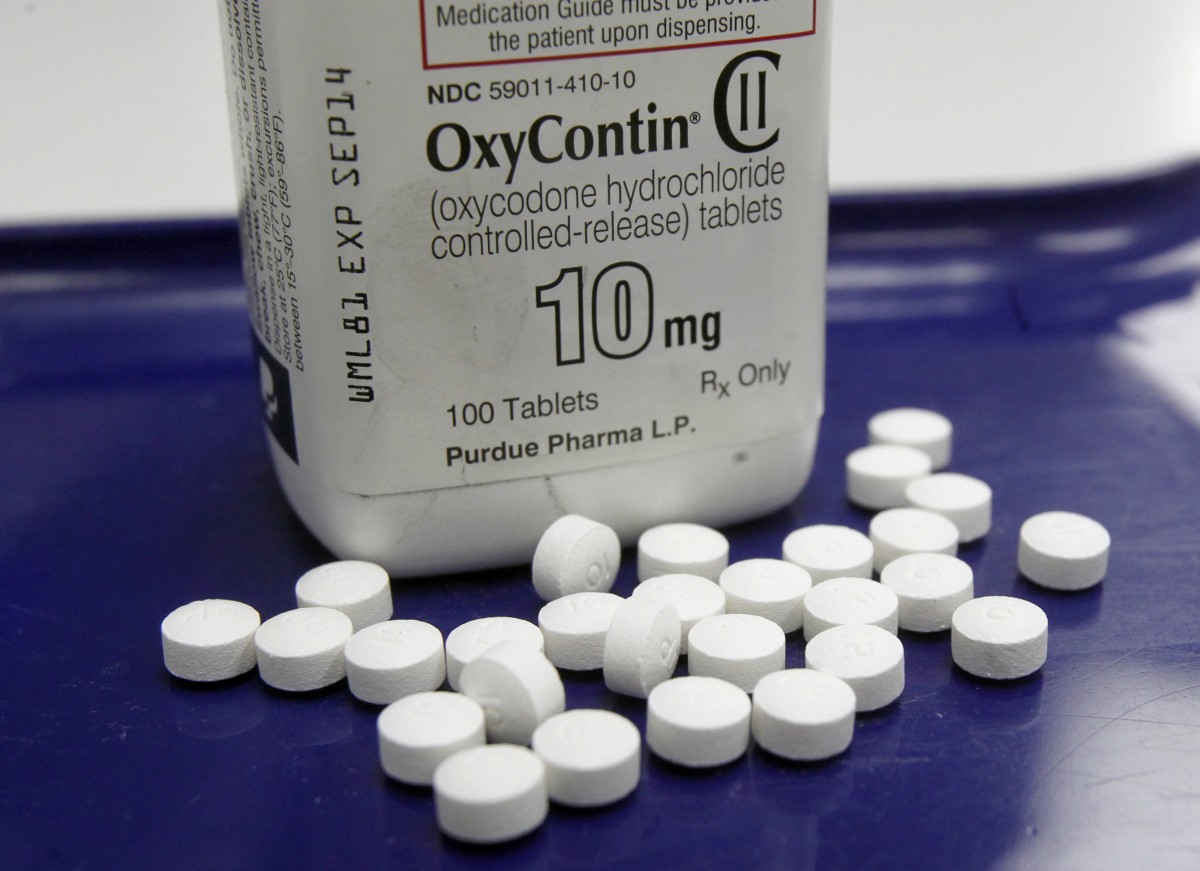MORGANTOWN – Attorney General Patrick Morrisey announced on Wednesday that his argument before a federal bankruptcy court produced a key shift in the case that will result in West Virginia receiving a larger share of the Purdue Pharma bankruptcy.
Morrisey delivered closing arguments in the case confirmation hearing last week in the U.S. Bankruptcy Court for the Southern District of New York. He criticized a number of flaws in the plan, he said, but particularly caught the judge’s attention with the so-called “California Carve Out,” which allowed California to be the only state not to contribute to the 1% intensity fund which would allocate additional funds to smaller states hardest hit by the opioid epidemic, including West Virginia.
“This is great for West Virginia and other small states,” Morrisey said. “There was never a rational basis for one state, California, to ignore the intensity fund and thereby disregard the inordinate devastation that opioid abuse has wrought upon smaller states, chief among them West Virginia.”
Purdue Pharma, the maker of OxyContin, filed for bankruptcy in September 2019 to settle the thousands of lawsuits against it stemming from its role in the opioid crisis.
In July he said he would vote no on confirming Purdue Pharma’s bankruptcy plan, which will allot money to the 50 states for opioid treatment and abatement. He said then that he opposes the plan because it’s based on population, not the intensity of the problem within the state.
Under the plan, court documents show, West Virginia would get 1.16% of the total allotment. Neighbors Ohio and Pennsylvania would get 4.36% and 4.59%, respectively. California would get 9.92%.
Morrisey said Wednesday, “Many flaws remain with the multistate’s population-based approach to allocating settlement funds, but ending the California Carve Out in the Purdue plan is indeed a significant step in our continued fight to press every legal lever to ensure that West Virginia receives fair distribution of recoveries as opioid litigation continues.”
Morrisey said his closing argument, delivered Aug. 25, led the judge to express immediate concern. The judge cited bankruptcy law that requires the plan provide the same treatment for each claim or interest of a particular class.
The judge suggested the parties discuss the matter further, Morrisey said, which led to a Friday announcement that California had reversed course and agreed to contribute – a move then formally recognized by the court on Wednesday.
Morrisey filed suit against Purdue Pharma and former chief executive Richard Sackler in May 2019. The lawsuit alleges Purdue Pharma created a false narrative to convince prescribers that opioids are not addictive and that its opioid products were safer than they actually were.
The lawsuit contends Purdue Pharma proliferated a deceptive marketing strategy with reckless disregard for compliance enforcement. It also alleges company sales representatives routinely claimed that OxyContin had no dose ceiling, despite assertions by federal regulators that OxyContin’s dose ceiling was evident by adverse reactions.
The Purdue matter is one of Morrisey’s pending lawsuits against five opioid manufacturers and other national chain distributors.
Tweet David Beard @dbeardtdp Email dbeard@dominionpost.com




